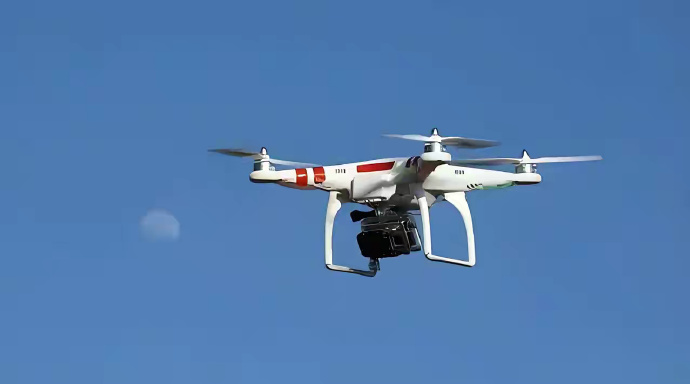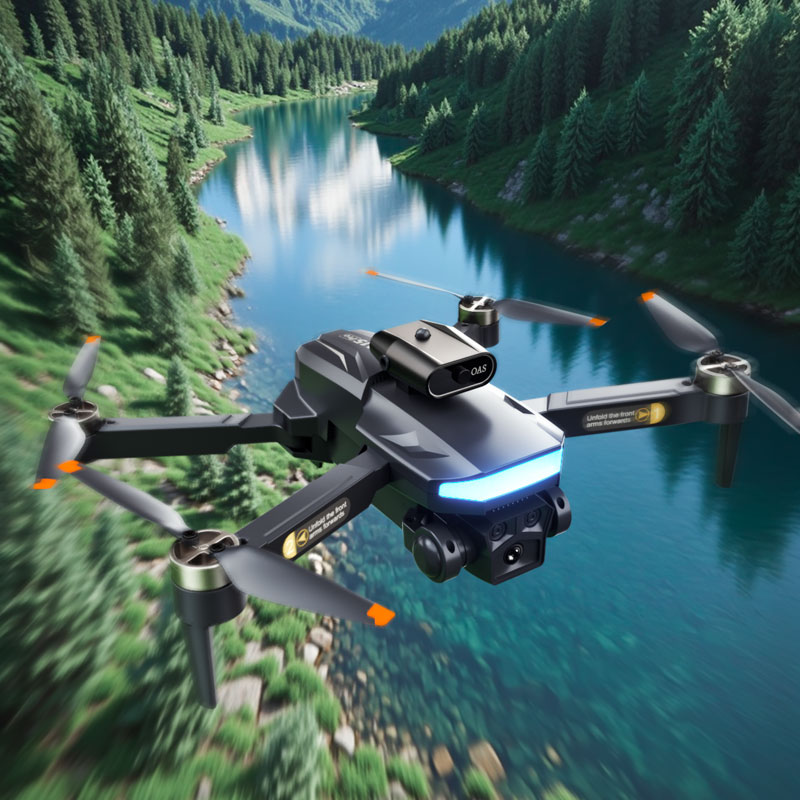Are you one of the many enthusiasts eager to explore the skies with a drone? Before you launch into the realm of aerial adventures, it’s essential to understand the licensing requirements that come with operating these fascinating devices.
Understanding Drone Licensing
Do you need a license to fly a drone? The answer largely depends on the purpose of flying and the drone’s specifications. The Federal Aviation Administration (FAA) oversees drone operations in the United States, and their regulations categorize drone activities mainly into two areas: recreational and commercial.
Recreational Flying
 For those flying drones purely for enjoyment or as a hobby, the regulations are somewhat relaxed. You typically do not need a formal license; however, the FAA does require all recreational drone pilots to adhere to certain rules. Firstly, drones must be registered with the FAA if they weigh more than 0.55 pounds and less than 55 pounds. This registration is a relatively simple process and serves as an acknowledgment of the guidelines that need to be followed. You must also fly your drone within your visual line of sight and avoid flying over crowds of people, government facilities, and other restricted zones.
For those flying drones purely for enjoyment or as a hobby, the regulations are somewhat relaxed. You typically do not need a formal license; however, the FAA does require all recreational drone pilots to adhere to certain rules. Firstly, drones must be registered with the FAA if they weigh more than 0.55 pounds and less than 55 pounds. This registration is a relatively simple process and serves as an acknowledgment of the guidelines that need to be followed. You must also fly your drone within your visual line of sight and avoid flying over crowds of people, government facilities, and other restricted zones.
Common Rules for Recreational Use
 Another requirement for recreational users is the compliance with the FAA’s safety guidelines. This includes flying below 400 feet, avoiding manned aircraft, being aware of airspace restrictions, and the necessity to pass The Recreational UAS Safety Test (TRUST). TRUST is a comprehensive knowledge test designed to ensure pilots understand airspace safety principles.
Another requirement for recreational users is the compliance with the FAA’s safety guidelines. This includes flying below 400 feet, avoiding manned aircraft, being aware of airspace restrictions, and the necessity to pass The Recreational UAS Safety Test (TRUST). TRUST is a comprehensive knowledge test designed to ensure pilots understand airspace safety principles.
Commercial Drone Operations
If you’re using a drone for commercial purposes, such as photography, videography, or any other business-related activity, then you do indeed need to have a drone pilot license. The FAA mandates that commercial drone pilots obtain a Remote Pilot Certificate, commonly known as a Part 107 license. To earn this certification, you must be at least 16 years old, pass an aeronautical knowledge test at an approved knowledge testing center, and undergo TSA vetting.
Getting Your Part 107 License
The Part 107 test covers a variety of topics, including airspace classification, flight restrictions, weather effects on drones, and emergency procedures. Adequate preparation through study and potentially online courses can help you succeed in obtaining your license. Once certified, commercial pilots must adhere to strict operating standards to ensure the safety and security of operations.
Special Use Cases
Additionally, there are specific niches where distinct regulations might apply. For instance, using drones for agricultural purposes or in sensitive industrial environments may require additional certifications or permissions. Therefore, it’s crucial to research and understand the specific requirements for such operations in your jurisdiction.
- What happens if I fly a drone without a license?
- Are there any drones exempt from registration?
- How can I learn more about airspace regulations?
If caught flying a drone without proper licensing, especially in commercial scenarios, you could face significant fines and penalties as per FAA regulations.
Yes, drones that weigh less than 0.55 pounds are exempt from FAA registration requirements.
You can visit the FAA’s official website or enroll in specialized drone operation courses for detailed information.
Understanding these guidelines helps ensure not only your safety but also enhances your experience, making drone flying an enjoyable and law-abiding journey.
